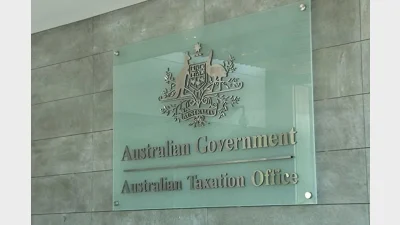(May-2003) Mercer begins alternative FI
The Australian Taxation Office (ATO) has begun an advertising campaign to alert temporary residents that they can collect any super they have earned before permanently leaving Australia.
The ATO says super funds, intermediaries, and relevant agencies will support the campaign which is a mix of advertising, public relations and direct marketing. The campaign was started in April to coincide with the launch of an online application system for temporary residents.
Domestic advertisements are staggered to run for nine months in a mix of metropolitan, regional, ethnic and student press, and trade magazines. International advertisements will run for the same length, in international press and trade magazines in 13 countries.
Assistant tax commissioner Lesley East says the ATO is also working with customs and the immigration department to create a departure card for temporary residents so they can be contacted if super money is unclaimed.
Since July 2002, temporary residents have been able to access their super when permanently leaving Australia. The change is retrospective and applies to anyone that has ever visited and held a temporary resident visa — potentially, the 275,000 foreign nationals that apply to visit and work in Australia each year, including working holidaymakers, international students, and those in a range of professions, such as teaching, IT and nursing.
Recommended for you
The responsible investment body is warning that a one-size-fits-all ESG framework mirroring those in the UK and the EU could do more harm than good.
Australian super funds are monitoring the US closely as President Donald Trump increasingly intervenes in corporate policy, moves that are reverberating through global markets and prompting reassessments of portfolio risk.
Industry fund HESTA has filed an appeal against an ATO decision on tax offsets from franking credits, with the Australian Retirement Trust set to file a similar claim soon.
The latest superannuation performance test results have shown improvements, but four in 10 trustee-directed products continue to exhibit “significant investment underperformance”, warns APRA.











